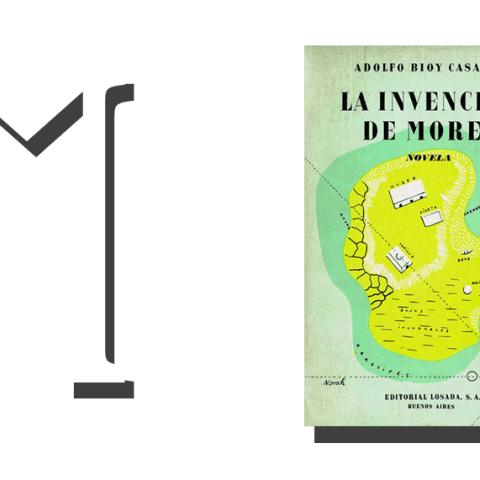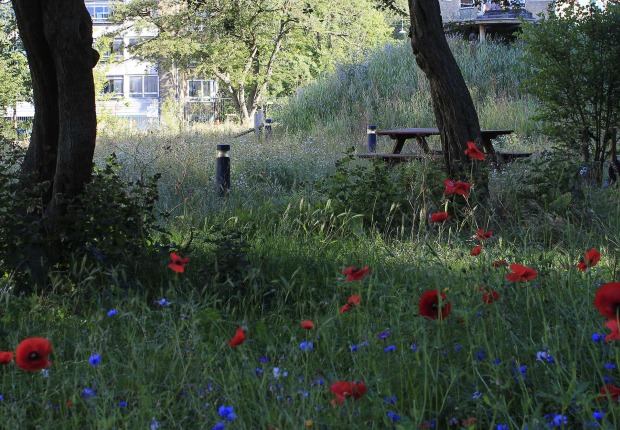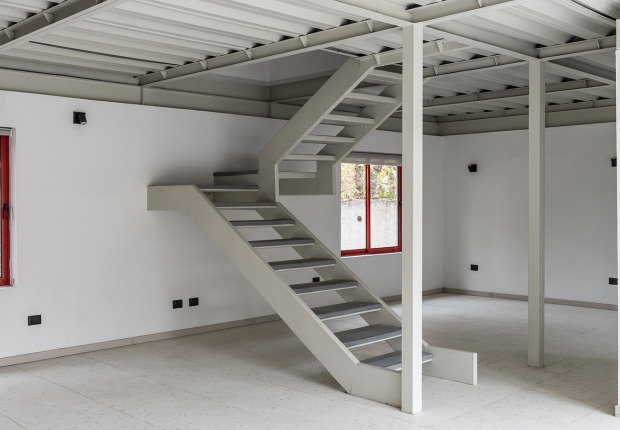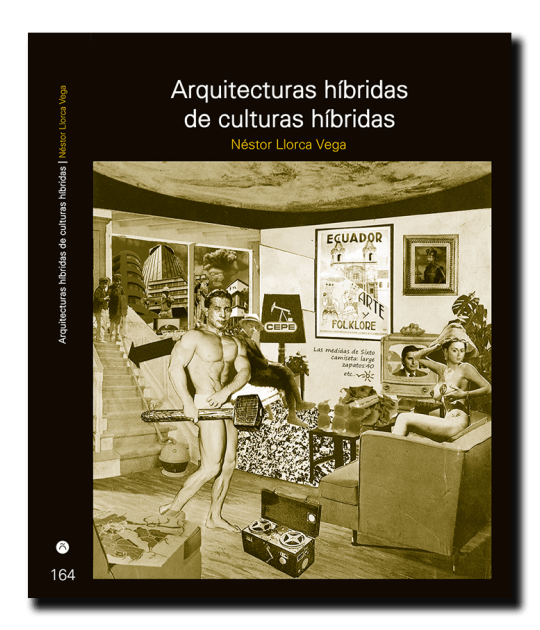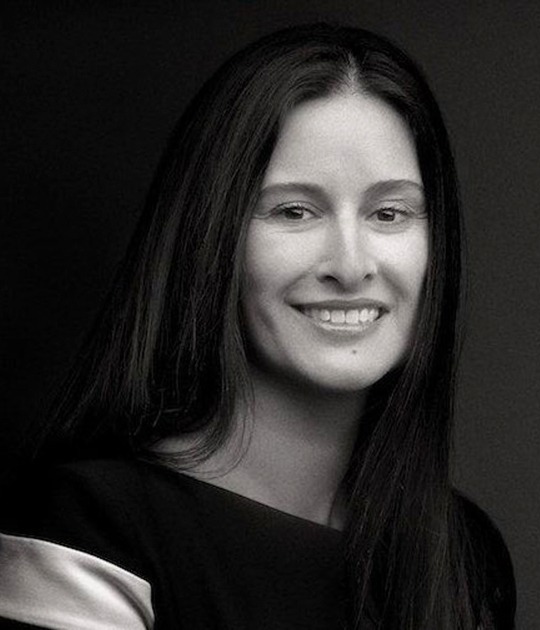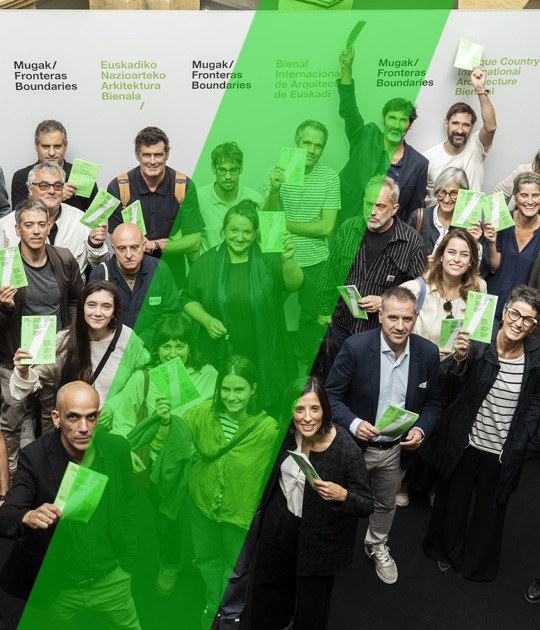Today we remember an extract of book The Invention of Morel by Adolfo Bioy Casares. Born in Buenos Aires, Argentina, in 1914, and died in the same city in 1999. This work can be found in member NYRB Classics published.
The Invention of Morel is a fantastic book for each chapter, until the latter becomes an amazing and brilliant book. Absolutely recommended. Bioy Casares describes an island, and in the island describes three buildings, the description of which makes third-person, through the protagonist, who travels and is described as him.
 "The island has four grassy ravines; there are large boulders in the ravine on the western side. The museum, the chapel, and the swimming pool are up on the hill. The buildings are modern, angular, unadorned, built of unpolished stone, which is som ewhat incongruous with the architectural style.
"The island has four grassy ravines; there are large boulders in the ravine on the western side. The museum, the chapel, and the swimming pool are up on the hill. The buildings are modern, angular, unadorned, built of unpolished stone, which is som ewhat incongruous with the architectural style.
The chapel is flat, rect angular-it looks like a long box. The swimming pool appears to be well built, but as it is at ground level it is always fill ed with snakes, frogs, and aquatic insects. The museum is a large building, three stories high, without a visible roof; it has a covered porch in front and another sma ller one in the rear, and a cylindrical tower.
The museum was open when I arrived; I moved in at once. I do not know why the Italian referr ed to it as a museum. It could be a fine hotel for about fifty people, or a sanatorium.
In one room there is a large but incomplete coll ection of books, consisting of novels, poetry, drama. The only exception wa s a sma ll volume [Belidor, Travaux: Le Moulin Petse, Paris, 17371, which I found on a green-marble shelf and promptly tucked away into a pocket of these now threadbare trou sers. I wanted to read it because I was intrigued by the name Belidor, and I wondered wh ether the Moulin Perse would help me underst and the mill I saw in the lowl ands of this island. I examined the shelves in vain, hoping to find some books that would be useful for a res earch pro ject I began before the tri al. (I believe we lose immortality because we have not conquered our opposition to death; we keep insisting on the primary, rudimentary idea: that the whole body should be kept alive. We should seek to preserve only the part that has to do with consciousn ess.)
The large room, a kind of assembly hall, has walls of rose - colored marble, with greenish streaks that resemble sunken colum ns . The windows, with their panes of blue glass, would reach the top floor of the house where I wa s born. Four alabaster urns (six men could hide in each one ] irradiate electric light. The books improve the room somewhat. One door opens onto the hall; another opens onto the round room another, the smalles t one, is concealed by a screen and opens onto a spiral staircase. The principal staircase is at the end of the hall; it is elegantly carpeted. There are some wicker chairs in the room, and the walls are lined with books.
The dining room measures approximately forty feet by fifty. There are three mahogany columns at each side, and each group of columns supports a stand with a figure of a seated divinity that appears to be Indian or Egyptian, of ocher terracotta. Each god is three times larger than a man, and is garlanded by dark plaster leaves. Below them th ere are large panels with drawings by Foujita, which present a discordant aspect (because of th eir humility).
The floor of the circular room is an aquarium. Invisible glass boxes in the water incase the electric lights that provide th e only illumination for that windowless room . I recall the pla ce with disgust. Hundreds of dead fish were floating on th e water when I arrived, and removing them was an obnoxious task . Now, after letting the water run for days and days, I can still sme ll th e odor of dead fish when I am in the room (it reminds me of the beaches in my country, where huge quantities of fish, dead and alive, emerge from the water to contaminate the air, and receive a hasty burial at the hands of the outraged populace). The lighted floor and the blacklacquer columns around it give one the impression of walking magically on top of a pool in the midst of a forest . This room adjoins the large room, or assembly hall, and a small green room with a piano, a phonograph, and a screen of mirrors, which has twenty panels or more.
The rooms are modern, pretentious, unpleasant. There are fifteen suites. Clearing mine out completely made only a slight improvement. There were no more paintings by Picasso, or smoked crystal, or books inscribed by famous peopl e, but still I felt wr etched and uncomfortable."
The invention of Morel. Extract. Adolfo Bioy Casares.
